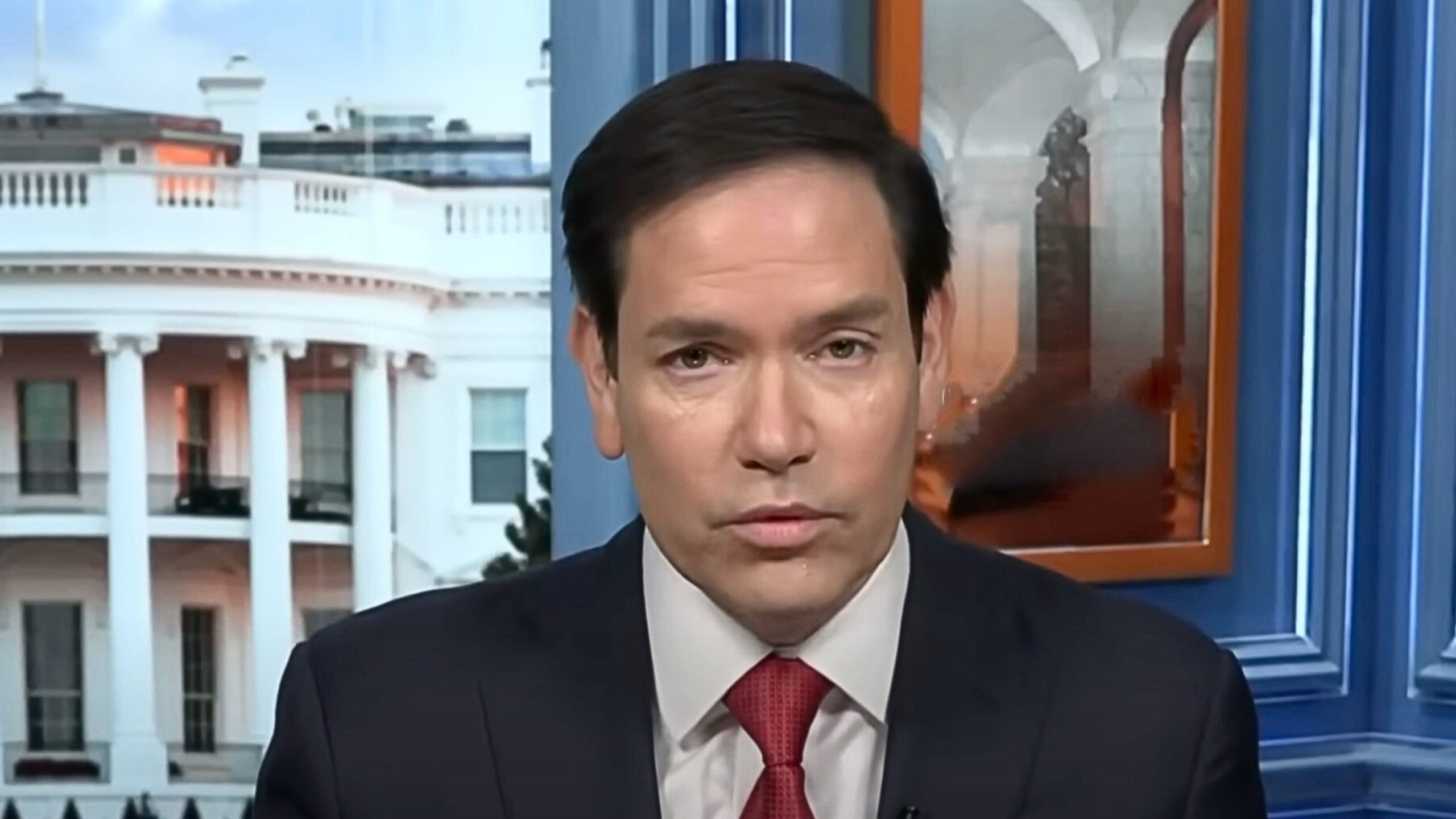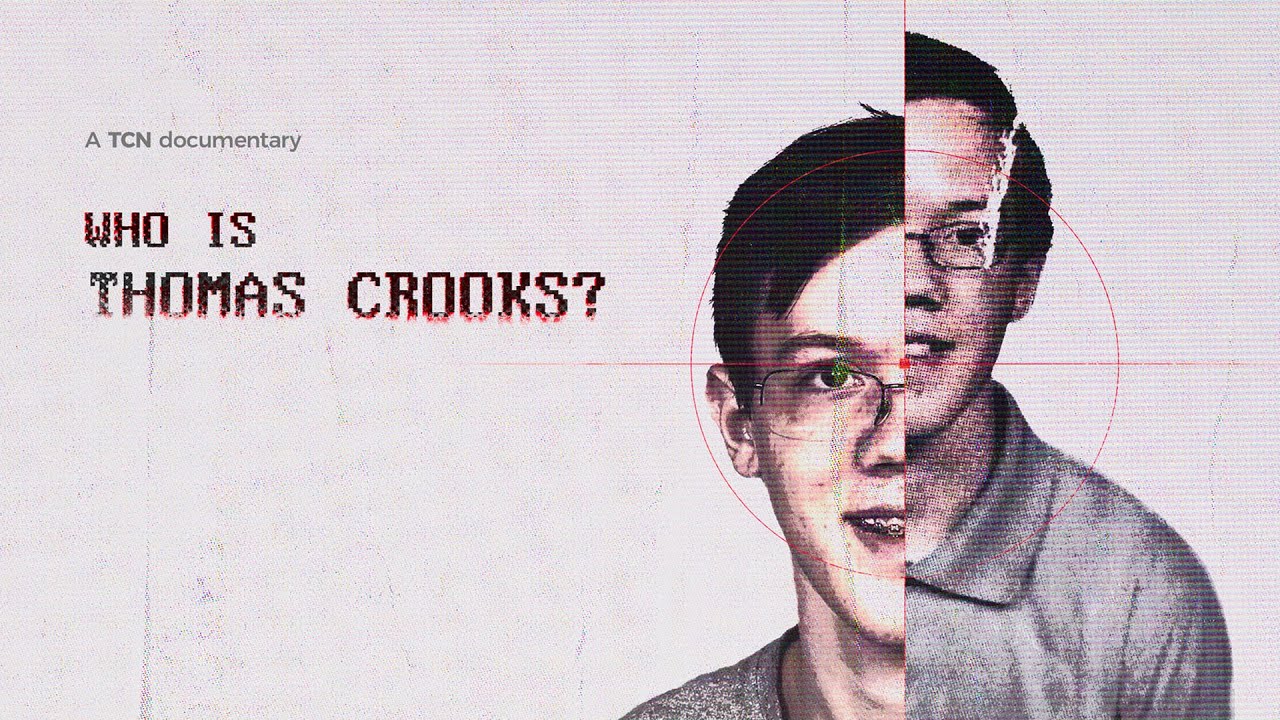
The US government has officially scrapped its primary programs meant to tackle foreign disinformation, marking a decisive break from a years-long effort that had come under fire for suppressing domestic speech under the pretense of national security.
On Wednesday, the State Department confirmed it was ending “all frameworks” that had been used to counter foreign influence campaigns.
This comes months after Secretary of State Marco Rubio terminated the Counter Foreign Information Manipulation and Interference office, or R/FIMI, the rebranded version of the Global Engagement Center (GEC).
State Department principal deputy spokesperson Tommy Pigott stated, “Through free speech, the United States will counter genuine malign propaganda from adversaries that threaten our national security, while protecting Americans’ right to exchange ideas.”
Initially created in 2016 under the Obama administration to target online messaging from ISIS, the GEC’s mission quickly expanded. By the end of that year, Congress had broadened its authority to include “disinformation” efforts by foreign governments.
However, the scope and tactics of the GEC raised constitutional red flags.
That view was echoed by Darren Beattie, acting under-secretary of state for public diplomacy. “Far from spiking a single plan, we were proud to spike the entire GEC,” he said.
“Not only was GEC’s infamous censorship activity profoundly misaligned with this administration’s pro-free speech position, it was woefully and embarrassingly ineffective on its own terms.”
Lawmakers objected to federal interference in lawful expression, accusing the agency of operating more like a political filter than a national security shield. Those concerns intensified after the GEC was folded into R/FIMI last December, a move triggered by Congress revoking its authorization. Approximately 50 employees were absorbed into the newly created office.
This year, Rubio announced the final shutdown of R/FIMI, calling its actions a betrayal of democratic values.
The State Department’s latest statement reinforced that view, acknowledging the framework had morphed into a tool for censorship rather than a legitimate defense against foreign propaganda.











